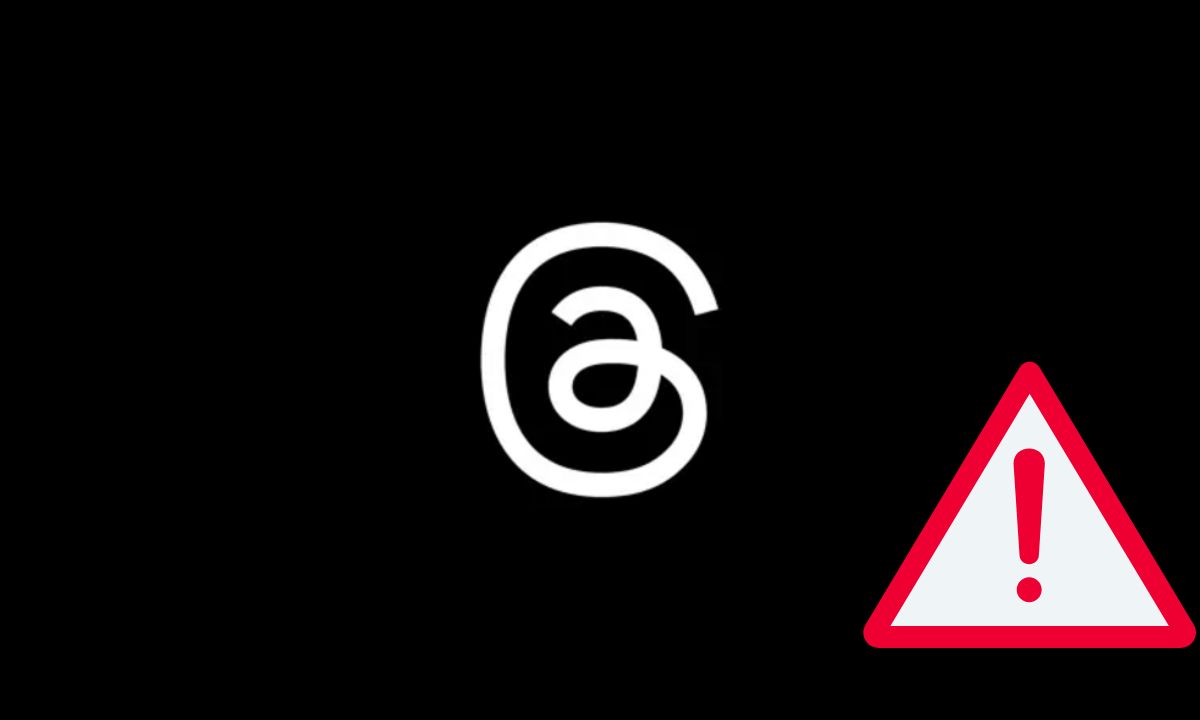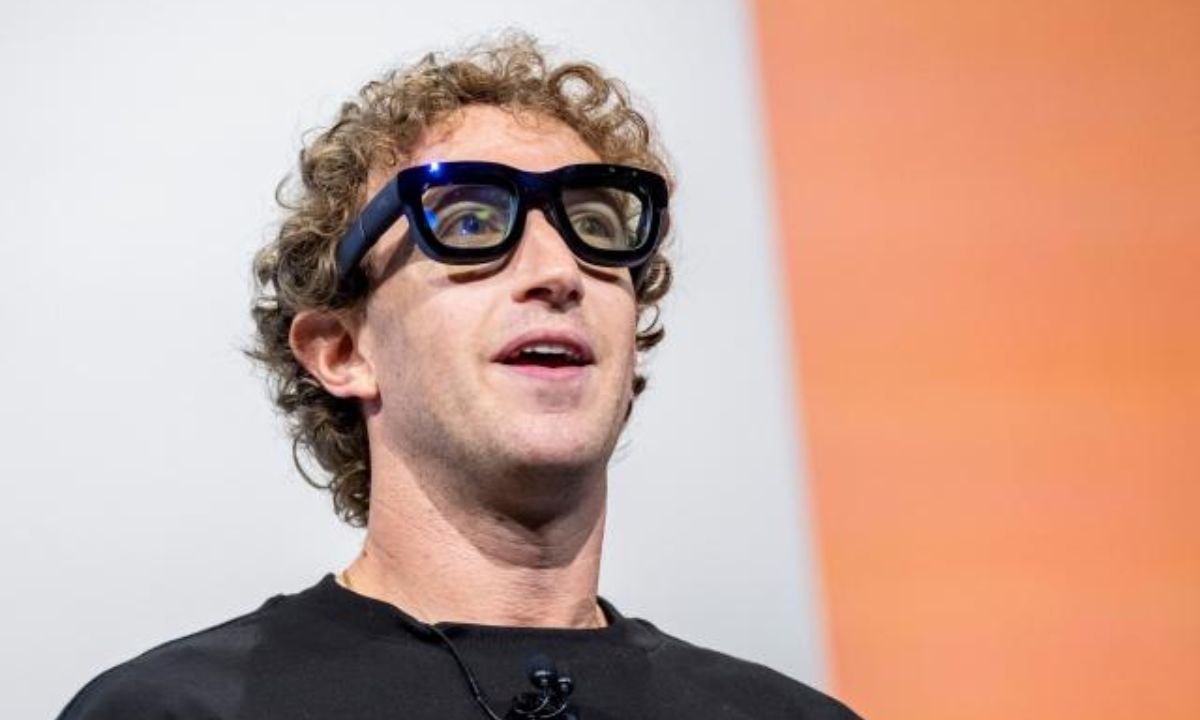French publishers and authors have taken legal action against Meta, accusing the social media giant of using their works without permission to train its artificial intelligence (AI) model.
Legal Battle Over Copyright Violation
Three major trade organizations in France have filed a lawsuit against Meta in a Paris court. They claim that the company has engaged in the “massive use of copyrighted works without authorization” to train its generative AI model.
According to Vincent Montagne, president of the National Publishing Union, “Numerous works from our members have been found in Meta’s data pool.” The union represents various book publishers in France and has expressed concerns about the unauthorized use of their intellectual property.
Demands for Data Removal
The lawsuit, backed by the National Union of Authors and Composers, which represents 700 writers, playwrights, and composers, argues that Meta’s AI system “plunders their works and cultural heritage to train itself.” The groups are demanding the complete removal of all copyrighted data that Meta allegedly used without permission.
François Peyrony, president of the authors’ union, also raised concerns about AI-generated “fake books” that could compete with real books, further threatening the livelihoods of authors.
Meta’s Response and AI Regulation in the EU
Meta has yet to respond to the lawsuit. The company has recently introduced AI-powered chatbots across its platforms, including Facebook, Instagram, and WhatsApp.
Under the European Union’s Artificial Intelligence Act, generative AI systems must comply with copyright laws and disclose the sources of their training data. This case adds to the growing tension between the creative industry and tech companies over data usage and intellectual property rights.
Similar Copyright Disputes in AI Development
This lawsuit is part of a broader global debate over AI and copyright. Recently, British musicians released a silent album in protest against the UK government’s proposed AI regulations, fearing they would lose creative control.
In the United States, various copyright lawsuits are also ongoing, including cases involving visual artists, news organizations, and technology companies. Media company Thomson Reuters recently won a legal battle over AI-related copyright infringement, setting a significant precedent.
The Future of AI and Copyright Laws
As AI technology continues to evolve, the legal battle between content creators and tech companies is expected to intensify. The outcome of this case could shape the future of AI training practices and copyright enforcement in the European Union and beyond.








